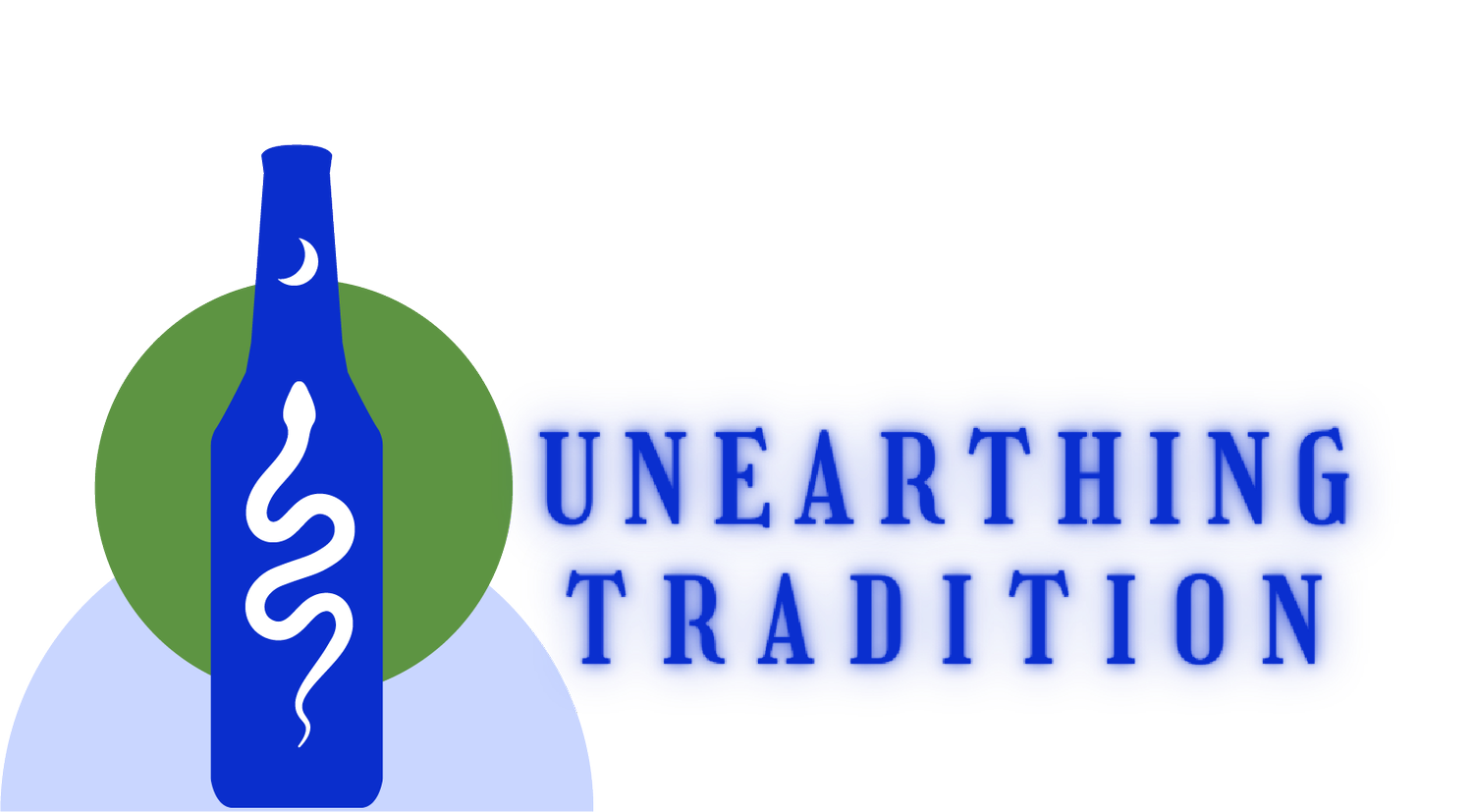What is a Life Cycle Facilitator?
For the past few years, while navigating my own life transitions, I’ve been in deep reflection about this work and crystalizing the vision of Unearthing Tradition.
I’m re-learning alongside my community what it means to restore care and reverence to the continuum of life in such a time as this. Care requires feeling and action. Much like Unearthing Tradition it is a verb. Bringing an open heart and steady hands to meet someone in a moment of vulnerability.
Sometimes, care comes in the form of companionship, a mutual aid fund, a ride across town or a restocked fridge. Sometimes, it’s having no solution, but listening with nonjudgemental ears and compassionate presence. Sometimes it looks like seeking justice. It is also sharing a practice to ease an overwhelmed nervous system or guiding a ritual to call on your people to get around you and walk with you.
I feel lucky to have been trusted to care for all types of people: the young family having their first child, the single mama who survived domestic violence, someone processing unsettling grief after losing a loved one, the family whose grandmother has been in hospice care for years with Alzheimer’s, the mama desperately seeking accurate information on abortion care, the immigrant family trying to navigate hospital systems in the U.S.
For almost a decade, I’ve searched for language that captures the sacred work I do alongside families at life’s most tender thresholds.
“Life cycle facilitation is a practice – one of unlearning, remembering, and repatterning how we move through transition with dignity. A life cycle facilitator supports this process through guiding, safeguarding, and building power for embodied experiences. ”
The role of supporting people at both ends of the spectrum, from life to death and everything in between, has taught me that these thresholds are not separate moments, but part of an unbroken cycle. A continuum that deserves care. I’ve come to describe this work as life cycle facilitation.
Life cycle facilitation is a practice – one of unlearning, remembering, and repatterning how we move through transition with dignity. A life cycle facilitator supports this process through guiding, safeguarding, and building power for embodied experiences.
This is important because of how society has attempted time and time again to disconnect us from ourselves, each other, and all of life’s ebbs and flows within the continuum.
When we consider how we each experience this time and place differently, it is not a bold thing to acknowledge that Black folks have been denied equitable access to care and dignified transitions in this country. It is bare minimum truth-telling that is required for reclaiming dignified life cycles between hopeful, but often uncertain beginnings and inevitable endings while contending with the man-made societal ills that affect us all, differently.
That’s a topic for another day, but my point is that while in practice there are many ways to show up in life cycle facilitation, at its core holding space for someone else's life transitions must be grounded in seeing that person, their family, and community with the most utmost respect. Meeting them with intention is a practice of humility and community care. Remembering that their experience is not yours and that you are not there to save the day is key to honoring the most promising commitment of showing up anyway. With an open heart and steady hands.
A life cycle facilitator is not just a synonym for doula, birthworker, end of life planner, or death doula. Although I use them interchangeably at times, embodying my role as a life cycle facilitator is rooted in something deeper.
Join me on Substack to read more on how I’m overcoming fear, doubt, and grief to continue walking in this role.
If you’re seeking support in navigating life’s sacred transitions, learn more about my services here.


